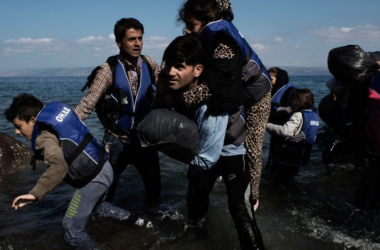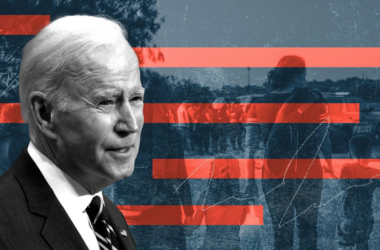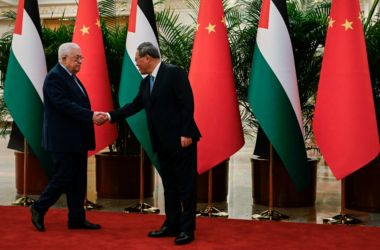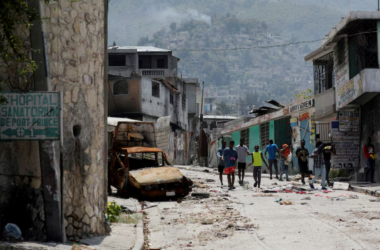The devastation in Gaza following the October 7 attack by Hamas has drawn attention to the extreme response by Israel’s military. However, this reaction is rooted in a decades-long history of enforcing Israeli occupation over Palestinian territories, which has influenced the behavior and mindset of Israeli soldiers.
Over the years, the Israeli military’s role in governing Palestinians under occupation has fostered a disregard for Palestinian lives. This mentality, evident in the actions and rhetoric of military commanders, is a significant factor in the current conflict. Israel has controlled a population deprived of basic human rights and legal protections through ongoing coercion and intimidation. This has entrenched a belief within the Israel Defense Forces (IDF) and Israeli politics that the only response to Palestinian resistance is increased, often indiscriminate, force.
This perspective is supported by testimonies collected by Breaking the Silence, an organization founded in 2004 by Israeli veterans to reveal the realities of military occupation. These accounts highlight the use of fear and arbitrary force in maintaining control over Palestinian civilians. Soldiers report a gradual erosion of moral principles, once considered fundamental to the IDF’s character, as they adapt to the demands of occupation.
Personal experiences, such as home invasions and the use of civilian properties for military purposes, illustrate the dehumanization of Palestinians. Soldiers stop considering the feelings and rights of the people they control, leading to actions that disregard basic human dignity.
The October 7 attack by Hamas, which resulted in the deaths of 1,200 people and the kidnapping of 240 others, has led to severe repercussions for Palestinians. Over 35,000 Palestinians have been killed, 1.7 million displaced, and 1.1 million are facing catastrophic food insecurity, according to the United Nations.
The IDF’s conduct in Gaza reflects a broader pattern of moral deterioration, where the determination of combatants versus civilians becomes increasingly blurred. Historical military operations, such as Operation Cast Lead and Operation Protective Edge, demonstrate this trend. For example, the targeting of police stations in Gaza and the broad classification of individuals as enemy combatants based on minimal evidence have led to high civilian casualties.
The current war has intensified these issues, with reports of indiscriminate targeting and the use of advanced technology, such as artificial intelligence, to identify potential threats. This has increased the number of targets and accelerated the decision-making process, often at the expense of civilian lives.
A military that controls civilians through force for an extended period inevitably loses its ethical direction, as does the society that supports it. The events of October 7 have exacerbated this decline, resulting in significant death and destruction in Gaza. The impact of these actions will resonate for generations, necessitating a profound moral reckoning for both Palestinians and Israelis.








